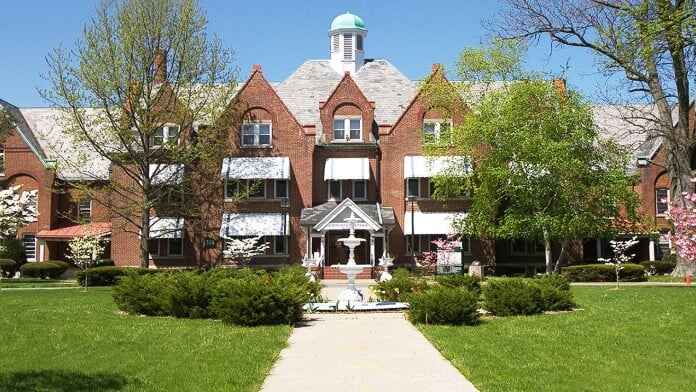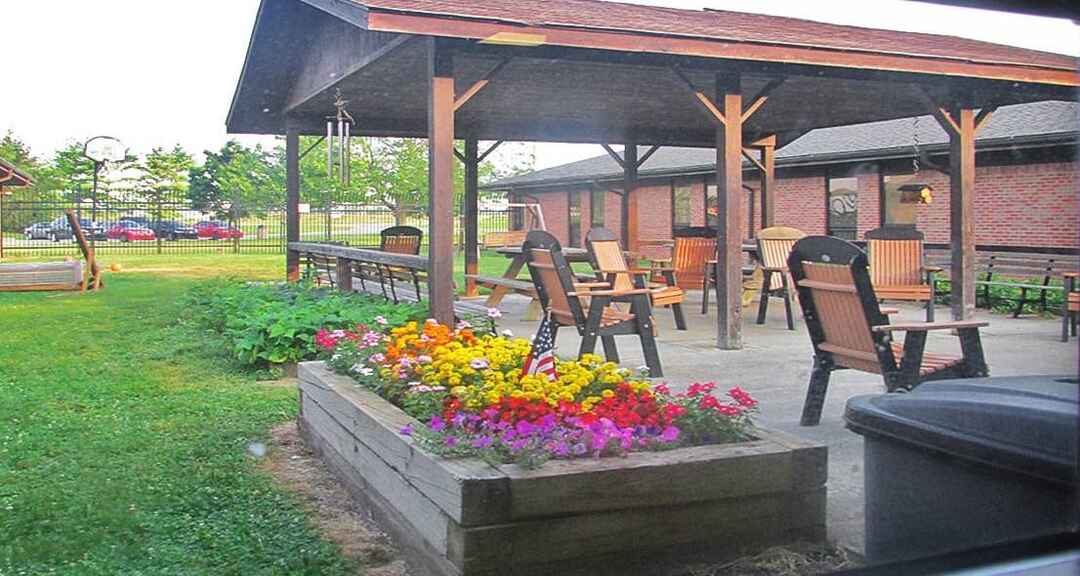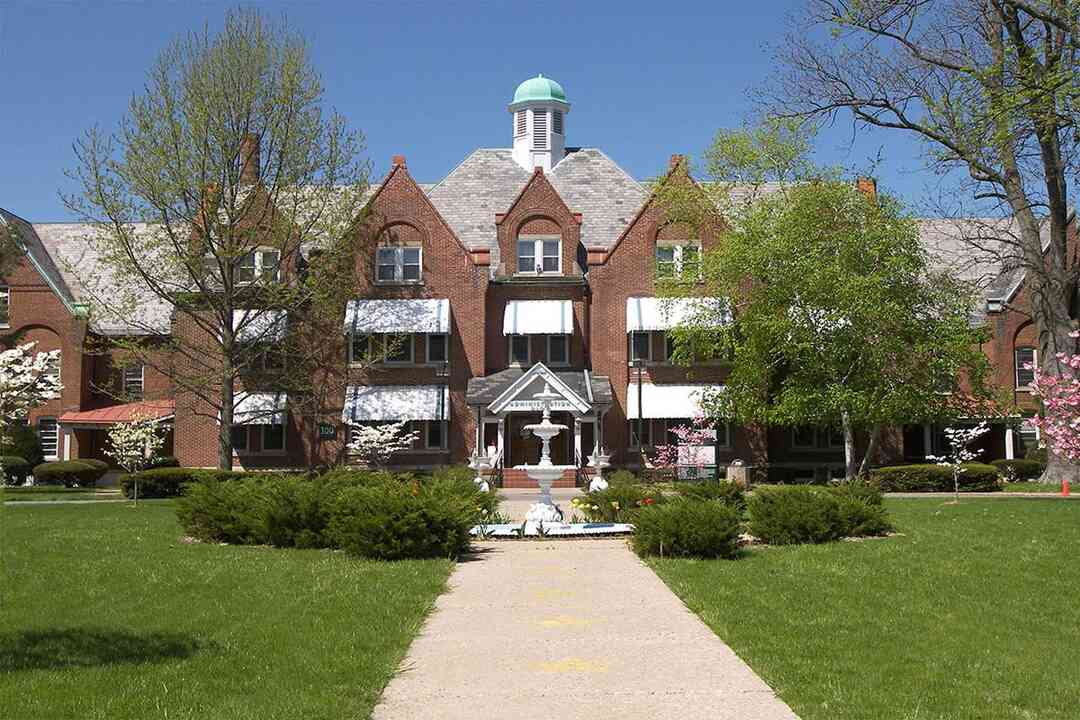About Richmond State Hospital – Richmond
Richmond State Hospital specializes in behavioral health. You’ll find ’em in Richmond, Indiana. They’re the largest of six state psychiatric hospitals overseen by FSSA/DMHA. They provide psychiatric care and substance use treatment in a quiet and peaceful setting for adults seeking healing. They also support people with co-occurring disorders. Residential and outpatient services are available for patients come through referrals from the criminal justice system and local county or community behavioral health service centers.
Richmond State Hospital is nestled on a beautiful campus in the northwestern part of Richmond in Wayne County near the Ohio border. The facility is surrounded by several natural attractions such as Glenn Miller Park, Middlefork Reservoir Park, and Whitewater Gorge Park. These landmarks are within 3-6 miles of the facility and add to the area’s charm. The facility is easy to access via US Route 40 and Interstate 70, which connects to Indianapolis. Rose View Transit offers limited bus service in Richmond.
The facility boasts a residential treatment center and a clinical treatment center with 190 beds. The broader campus complex has multiple classrooms, a living skills area, and recreation space including a gymnasium. There’s also a health clinic and pharmacy, dining area, canteen, and a conference center.
Richmond State Hospital offers residential inpatient recovery for men and women with co-occurring disorders. This program takes place in a unit with 60 beds within their residential treatment centers. Residential care in this facility adopts a personalized approach following comprehensive need assessment and treatment planning. It may involve symptom stabilization with medication and treatment of medical issues as necessary.
You’ll attend intense group and individual sessions that draw from proven methods like acceptance and commitment therapy (ACT) and motivational interviews (MI). The program also involves educational sessions about the disease of addiction cycle, stages of recovery, and warning signs of relapse. Additionally, they offer life skills and vocational training to help you regain independence and prepare for stable employment.
Family involvement is highly emphasized in the recovery process but not mandatory. The program may also incorporate trauma therapy via individualized care. Most residents move to flexible outpatient care to continue their healing journey upon graduation from this program. Others transition to independent living in the community using the tools they gained onsite to achieve lasting abstinence over time.



